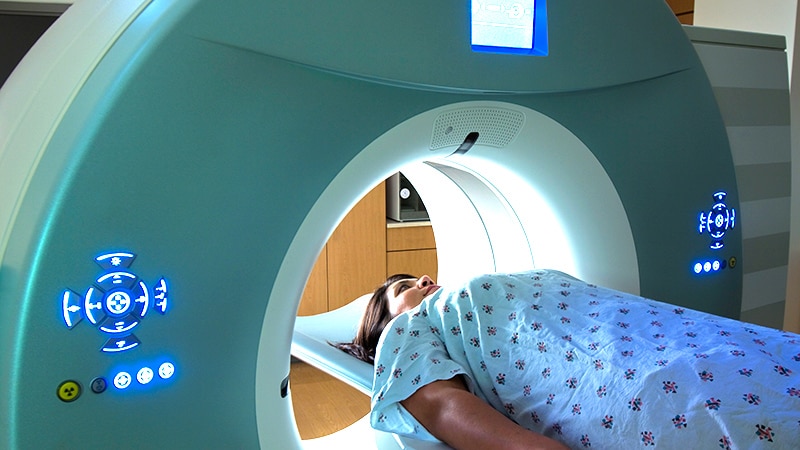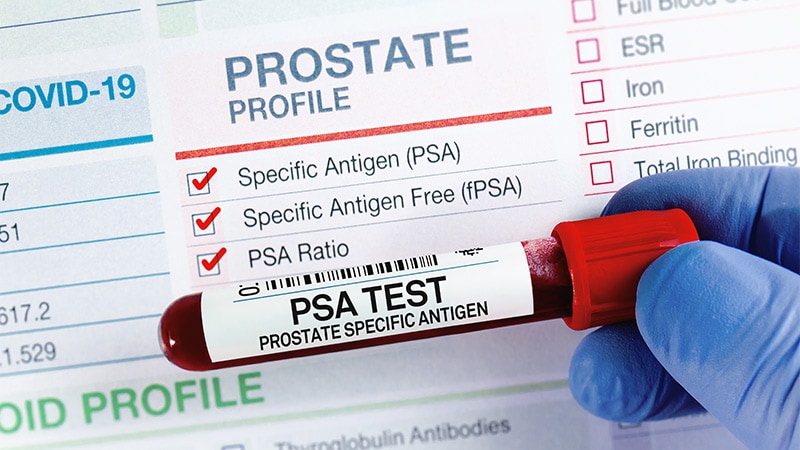Takeaway
- Androgen deprivation therapy (ADT) is tied to an elevated 10-year risk for Alzheimer disease (AD) or dementia among elderly men with prostate cancer.
Why this matters
- Findings warrant careful evaluation of ADT risks and benefits in patients with prolonged life expectancy; dementia risk factors should also be considered.
Study design
- 154,089 men age ≥66 years from the Surveillance, Epidemiology, and End Results (SEER)-Medicare database, diagnosed with prostate cancer, 1996-2003, followed to 2013.
- 40.5% received ADT within 2 years (mean age, 76.0±6.0 vs no-ADT, 74.3±6.0 years; P<.001).
- Mean follow-up, 8.3±4.7 years.
- Funding: Agency for Healthcare and Research Quality.
Key results
- ADT exposure (vs no ADT) was tied to increased rates of AD (13.1% vs 9.4%) and dementia (21.6% vs 15.8%) diagnoses.
- Propensity-matched analysis linked ADT to:
- 14% increased risk for AD: 1.14 (95% CI, 1.10-1.18).
- 20% increased risk for dementia: 1.20 (1.17-1.24).
- Respective risks for AD and dementia by ADT dose (HRs; 95% CIs):
- 1-4 doses: 1.19 (1.15-1.24) and 1.19 (1.15-1.23).
- 5-8 doses: 1.28 (1.22-1.35) and 1.24 (1.19-1.29).
- >8 doses: 1.24 (1.16-1.34) and 1.21 (1.15-1.28).
- Number needed to harm:
- AD: 18 (95% CI, 17-19).
- Dementia: 10 (9.5-11).
Limitations
- Retrospective design.
- Potentially nongeneralizable.
References
References



